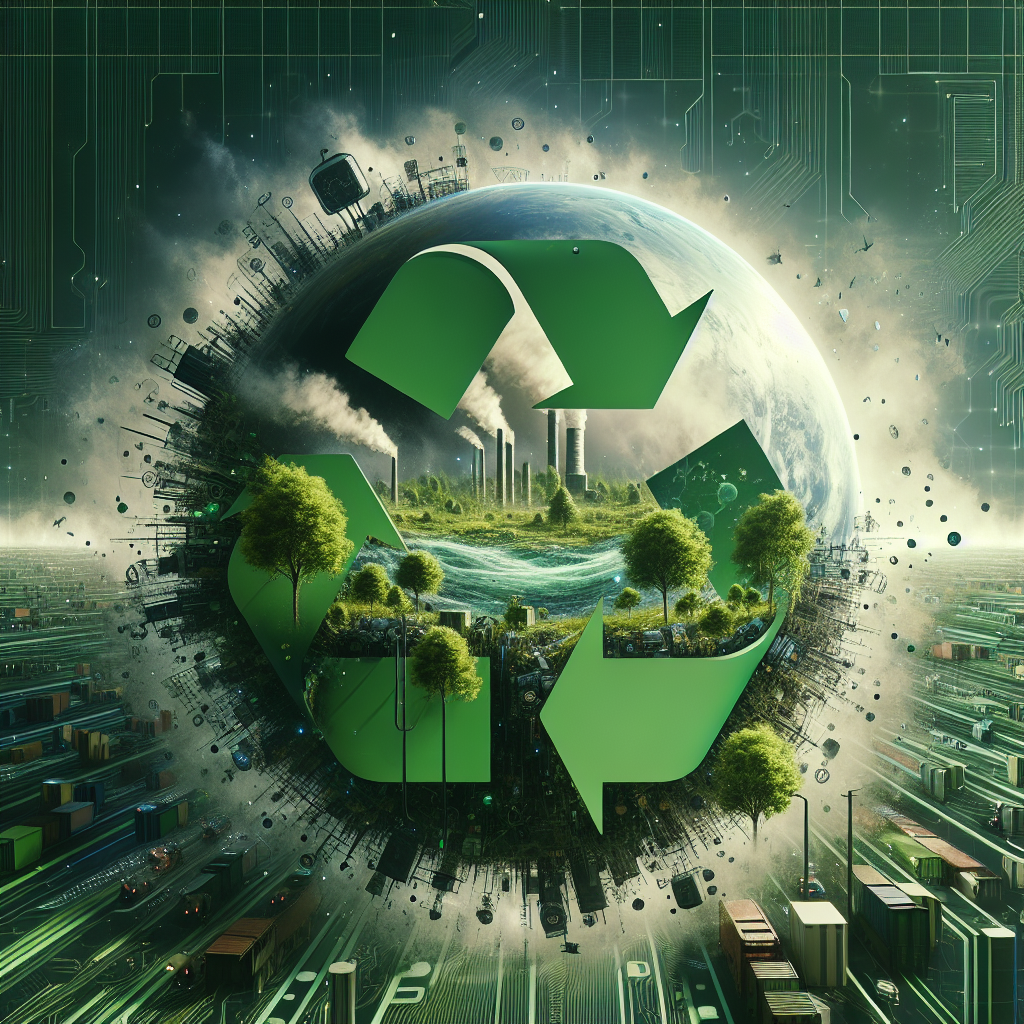Blog Ecobraz Eigre

ESG investment: when technological recycling surpasses reforestation in impact
Introduction to ESG Investment and the Impact of Technological Recycling
ESG (Environmental, Social and Governance) investment guides strategic decisions in corporate and government sectors, seeking positive results for the environment and society. This article takes a comparative look at the impact of technological recycling compared to reforestation, highlighting when the recovery of electronic devices makes a greater environmental contribution.
The Relevance of Technological Recycling in the ESG Context
The recycling of electronic devices is fundamental to mitigating environmental impacts resulting from the mining of raw materials and the production of technological components. According to the National Solid Waste Policy (Law No. 12.305/2010), proper management and correct disposal of this waste are essential to avoid environmental contamination and promote the circular economy.
The National Solid Waste Management Information System (SINIR), according to mtr.sinir.gov.br, highlights the importance of the processes of collecting, reusing and recycling electrical and electronic waste to reduce greenhouse gas emissions and preserve natural resources.
Environmental Impact of Reforestation Versus Technological Recycling
While reforestation is a vital action for capturing carbon and maintaining biodiversity, there are limits to its immediate scale and indirect impacts, such as the use of water and land. Technological recycling, on the other hand, promotes the reuse of strategic metals (such as gold, copper and lithium), reducing mineral exploration and emissions associated with the extraction process.
Data from CETESB (cetesb.sp.gov.br) indicate that the reuse of metals via recycling can save up to 95% of energy compared to primary production, generating a smaller carbon footprint.
Legal and Regulatory Aspects in Brazil
Current regulations, as evidenced in Law No. 12.305/2010 and reinforced by SINIR, assign shared responsibilities for the management of electronic waste. Compliance with the Legal Framework of the National Solid Waste Policy ensures environmental compliance and prevents contamination by toxic substances present in untreated devices.
Safe Procedures for Data Disposal and Sanitization
Safe disposal of devices with storage media is crucial to prevent leakage of sensitive information and ensure compliance with the General Data Protection Law (LGPD - Law No. 13,709/2018). Proper sanitization of hard drives and removable media is an indispensable procedure for information security, available in best disposal practices and device sanitization.
Collection and Reverse Logistics Strategies
Efficient selective collection and reverse logistics systems are key to maximizing the environmental benefits of technology recycling. Scheduling the collection of used electronic equipment is made easier on specialized platforms, such as monitored collection of electronics, ensuring traceability and environmentally appropriate disposal.
Conclusion
Technological recycling appears to have a greater impact than reforestation in certain environmental criteria, especially in reducing emissions associated with the extraction and production of metals. Based on current legislation and official information, this practice promotes circular economy, information security and sustainability. Investment in electronic collection and recycling, combined with regulation, is essential for effective ESG objectives.

Deixe um comentário
O seu endereço de e-mail não será publicado. Campos obrigatórios são marcados com *